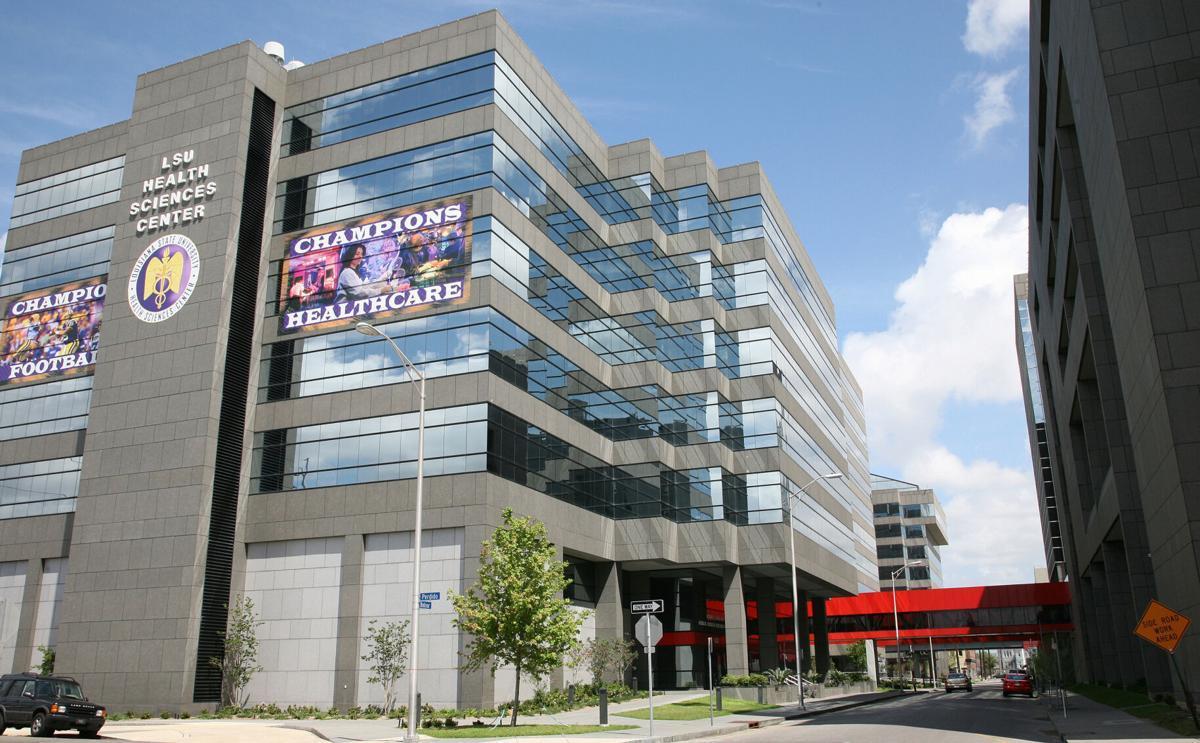A new antiviral pill developed by Pfizer cut hospitalization and death risk in COVID-19 patients by nearly 90% in clinical trials, the pharmaceutical company announced earlier this month. LSU health professionals say the drug shows promising results, especially for high-risk individuals, but cautioned that vaccines are still the world’s greatest weapon against the pandemic.
The Pfizer drug, called Paxlovid, would be given to patients soon after they develop COVID-19 symptoms, and could be prescribed and taken at home as a treatment for the virus, potentially relieving overburdened Louisiana hospitals and healthcare workers.
Another similar pill developed by pharmaceutical company Merck was recently approved by the U.S. Food and Drug Administration.
Julio Figueroa, chief of infectious diseases at LSU Health New Orleans, says the research is promising even though it hasn’t been published in peer-reviewed journals yet.
“Both this drug and the Merck drug, although they work differently, are very promising from the perspective of having a drug we could use very early on with COVID-19, especially with high-risk individuals,” Figueroa said. “This would be very, very helpful.”
In Louisiana, Figueroa says the drug would be helpful to have because of the state’s relatively low vaccination rate, and high percentage of high-risk individuals.
As the world braces for the new omicron COVID-19 variant, which was recently deteced in the U.S., only about 55% of Louisianans have received at least one COVID-19 vaccination, according to USAFacts.
“Although we are a small state, the number of COVID infections we’ve had per capita have varied, but we’ve been the highest at some times, and certainly hospitalizations have also been high,” Figueroa said. “Louisiana would have a really helpful impact, especially in preventing death…as well as hospital capacity.”
Dr. Nelson Perret, the medical director at the LSU Student Health Center, thinks the preliminary studies for Paxlovid look promising. He compared the drug to Tamiflu, an antiviral drug for influenza, since it must be given early to be effective and reduce hospitalization in flu patients.
“It’s not like a vaccine,” Perret said. “It doesn’t so much prevent the disease, as you treat it as you get it.”
Perret says if the results are peer-reviewed and the FDA approves the drug, the pandemic has the potential to slow down in the U.S. and decrease morbidity and mortality.
“I do think you will have less cases if you can stop the COVID inflection early, you will have less transmission,” Perret said. “But I don’t think it’s going to completely wipe it out. I think it’s gonna be just like Tamiflu is with the flu.”
Despite the promising results, Figueroa says getting vaccinated is still key in preventing the spread of the virus.
“This is going to be additional measures that we can use for people who have breakthrough infections or who have primary infections without vaccination,” Figueroa said.





